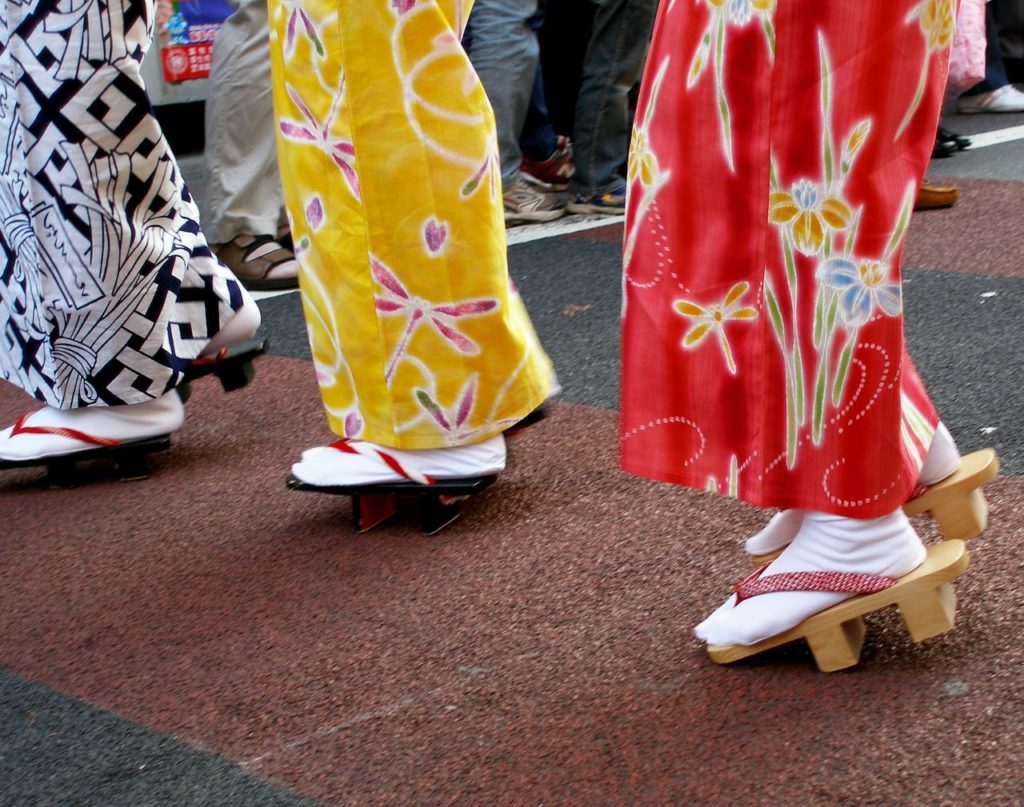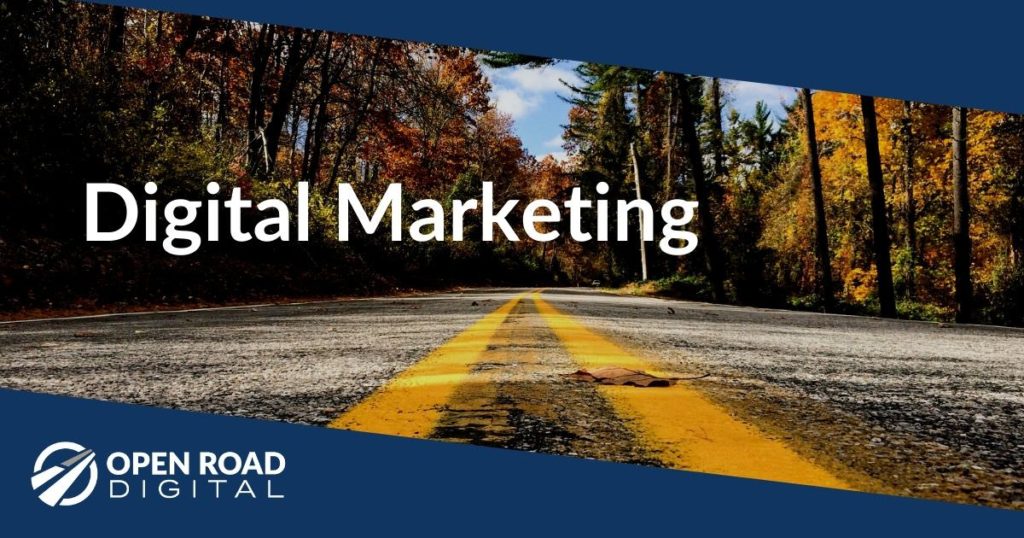Seems people are accused of being too superficial, if anything. Of caring more about the cover than the book. You almost never hear people say, “She’s way too deep for me.”
But I say too many businesspeople and professionals don’t care enough about their looks.
The American Way
I recall that classic image from the early 1980s: career women in the city wearing stylish work clothes while commuting through city streets in bright white sneakers. There was visual dissonance in that combination of attire, but it was the smart woman’s way of getting to work efficiently and comfortably while taking her career seriously. Those sneakers would come off at the office, and on would go serious and stylish work shoes.
The Japanese Way
Yet, a few years later when I was working in Tokyo, I saw something quite different: working women who dressed to impress in public – notably during their commute – but who threw on the slippers or more comfortable shoes once they got to work.
I don’t want to over-generalize how working women dress in the U.S. and Japan – either now or then. What interests me is the opposite takes on the same issue. Both practices have their benefits.
But in a business era that is increasingly driven by social media, the issue of how you look is important. In the new era, the Japanese way is the right way.
I Don’t Care (Until It’s Too Late)
We all spend some time in front of the mirror before heading out for the work day, so the same rule should apply to how we look online. Here are some ways where a lackadaisical approach to personal online grooming doesn’t do anyone any favors:
- Some experienced professionals believe that if they themselves don’t care about social media, then it will have no effect on them. But social media is no longer like the Mexican restaurant down the street (“I don’t like Mexican, so I never go there”). Everyone googles you, whether you like it or not. So you should make sure search results about you are accurate. It’s not something any professional should ignore any more.
- Many college students either sell themselves short (“I don’t have any work experience of worth”), think that LinkedIn is “just for professionals” (as though what they’re doing will have no bearing on their career), or like to believe that the day of reckoning (graduation) will never come. All these reasons for avoiding LinkedIn are false and lead to situations where newly graduated students enter the working world with no professional identity except their resume and a trail of happy but irrelevant tweets, shares, and Instagrams. They seem blindsided that they actually do have a professional identity, like it or not.
- People who think they have job security. Those who have never felt the trauma of losing a job are more liable to think, “I’ll get a LinkedIn profile and network if I ever lose a job.” Wrong. The time to “look” for a new job is now, in an organic way. And that starts with presenting yourself accurately and staying connected with those friends, work colleagues, and acquaintances who will help you if and when you do lose a job.
Perhaps more important than being on the lookout for a new job is the ability that LinkedIn affords you to deepen your work life – learning from those around you, deepening your own skill set, and making new connections. Because even if you don’t like the thought of looking at yourself in a mirror, we do live in a social, connected world. And connectedness starts with presenting yourself well, just like those working women in Tokyo.




